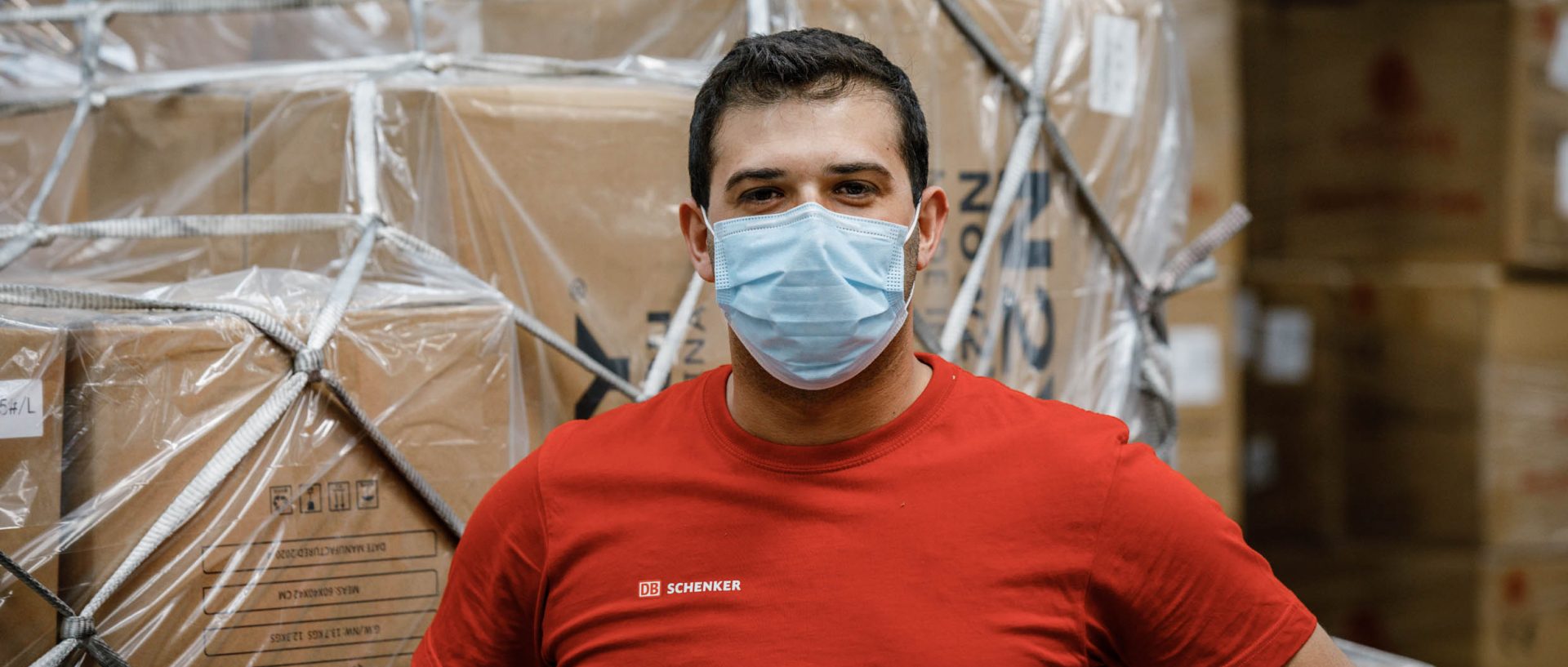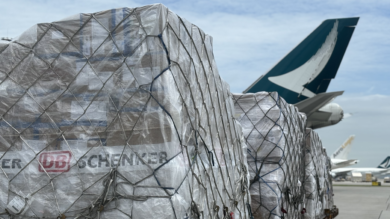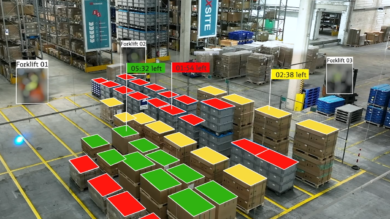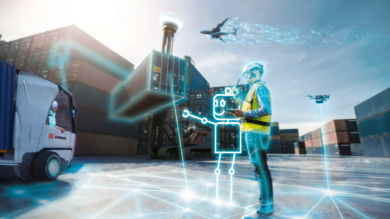The COVID-19 pandemic has changed both the world and the logistics industry. Supply chains have been disrupted globally and all segments of the logistics industry have been impacted. In contract logistics, for example, new safety measures and social distancing were introduced. Ocean freight saw routes cancelled, and cargo backlogged at ports. In air freight, aircraft belly cargo capacities dropped massively due to the cancellation of passenger flights. And in land freight, lockdowns and border closures in many countries restricted the flow of goods.
On the other hand, the pandemic has also shown how agile and flexible the logistics industry can be in overcoming these challenges – and the overall importance of reliable supply chains for society at large.
Logistics is essential for society more than ever before
From the transportation of important medical equipment to the replenishment of stocks in supermarkets and the distribution of personal protective equipment (PPE), the pandemic has highlighted the importance of logistics. Logistics service providers have played an essential role in supporting the wider society.
Global logistics provider DB Schenker is a good example of this holistic approach. During the pandemic, DB Schenker transported huge quantities of PPE and medical equipment, including millions of protective facemasks and COVID-19 test kits, to regions in need all over the world. The logistics provider worked hard on behalf of its customers and government institutions to provide essential goods and keep supply chains up and running. On behalf of ALDI Süd, for example, DB Schenker transported 500 pallets of pasta from Italy to Germany.
To fulfill this responsibility towards society, logistics companies have also found new and innovative ways to overcome restrictions and challenges. With airplane belly cargo capacities reduced due to the cancellation of passenger flights, charter flights were used to transport shipments instead. DB Schenker and Icelandair worked together to convert three passenger aircrafts and set up a cargo shuttle from China for urgently needed medical equipment.
The future and new normal in logistics
COVID-19 has shaken logistics. The pandemic has disrupted processes and boosted innovation and digitalization. Supply chains have become more agile and flexible. The demand for visibility and traceability has increased, particularly regarding sensitive cargo – such as urgently needed healthcare products.
This demand has brought connectivity topics to the forefront of agendas, such as Internet of Things (IoT), cloud computer or data analytics. Due to social distancing regulations, innovations such as contactless proof of delivery were developed to ensure the safety of employees and customers. Food-delivering robots and drones have been trialed for last mile deliveries. Time will tell if these innovations become the new normal in post-pandemic supply chains.
Published: December 2020










